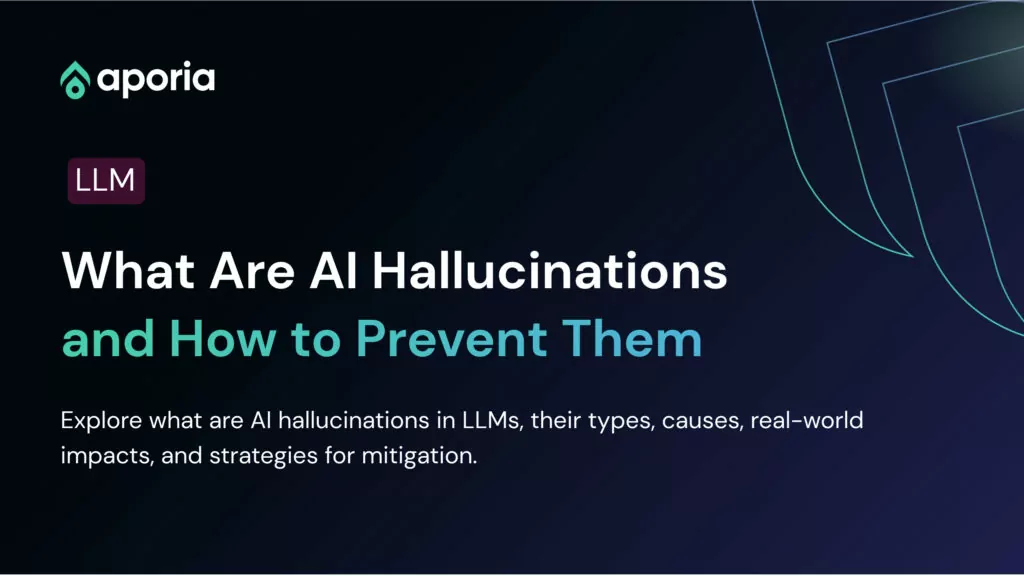
What Are AI Hallucinations and How to Prevent Them
While some people find them amusing, AI hallucinations can be dangerous. This is a big reason why prevention should be...
Aporia has been acquired by Coralogix, instantly bringing AI security and reliability to thousands of enterprises | Read the announcement
The concept of responsible AI describes how a specific organization approaches the challenges surrounding artificial intelligence (AI) from both an ethical and a legal perspective.
Responsible AI is intended for use by any organization considering how to build ethical and lawful AI systems. In order to make AI responsible, companies must design, develop, and deploy AI in a way that empowers employees and businesses, and impacts customers and society fairly. This practice will engender trust and enable companies to scale AI with confidence.
Organizations can take meaningful action on important issues like fairness, safety, security, accountability, and transparency by implementing the right measures. Using this framework, organizations can commit to responsible AI practices. This process explains how general ethical frameworks (such as the Asilomar Principles) can be applied to specific organizational AI systems, such as self-driving cars or hospital software. As a result, it helps organizations understand how general legal frameworks (such as GDPR in the EU) can apply to particular AI systems, such as self-driving cars and hospital software.